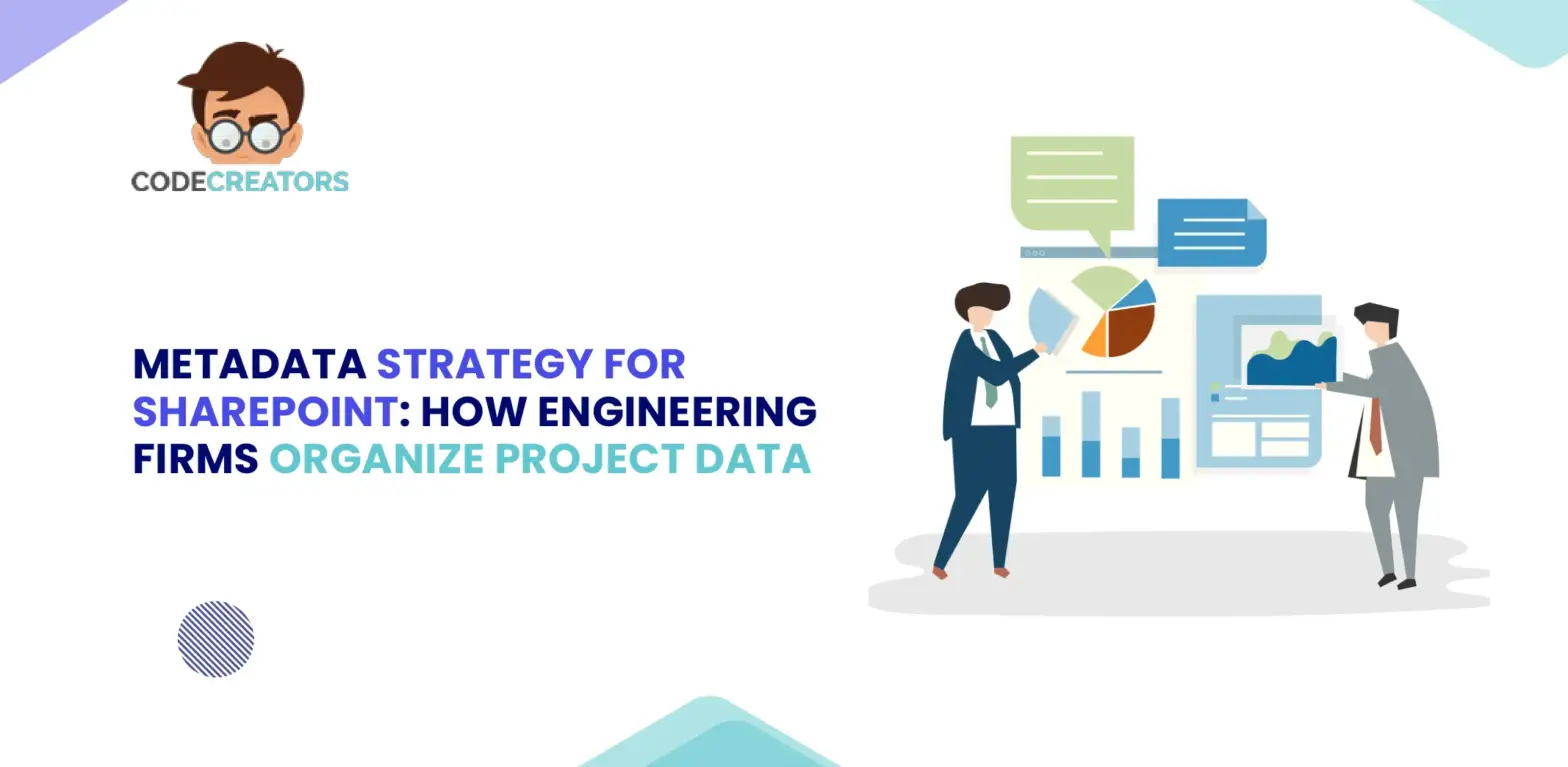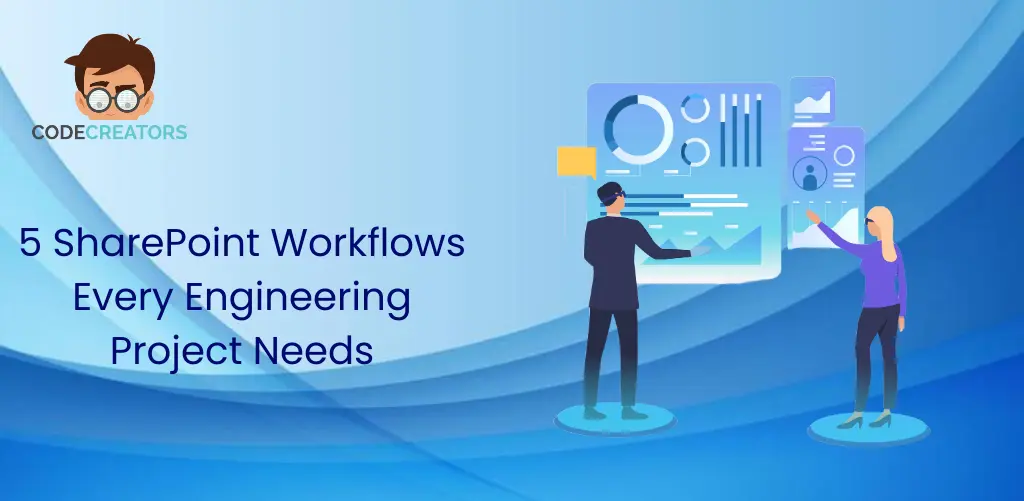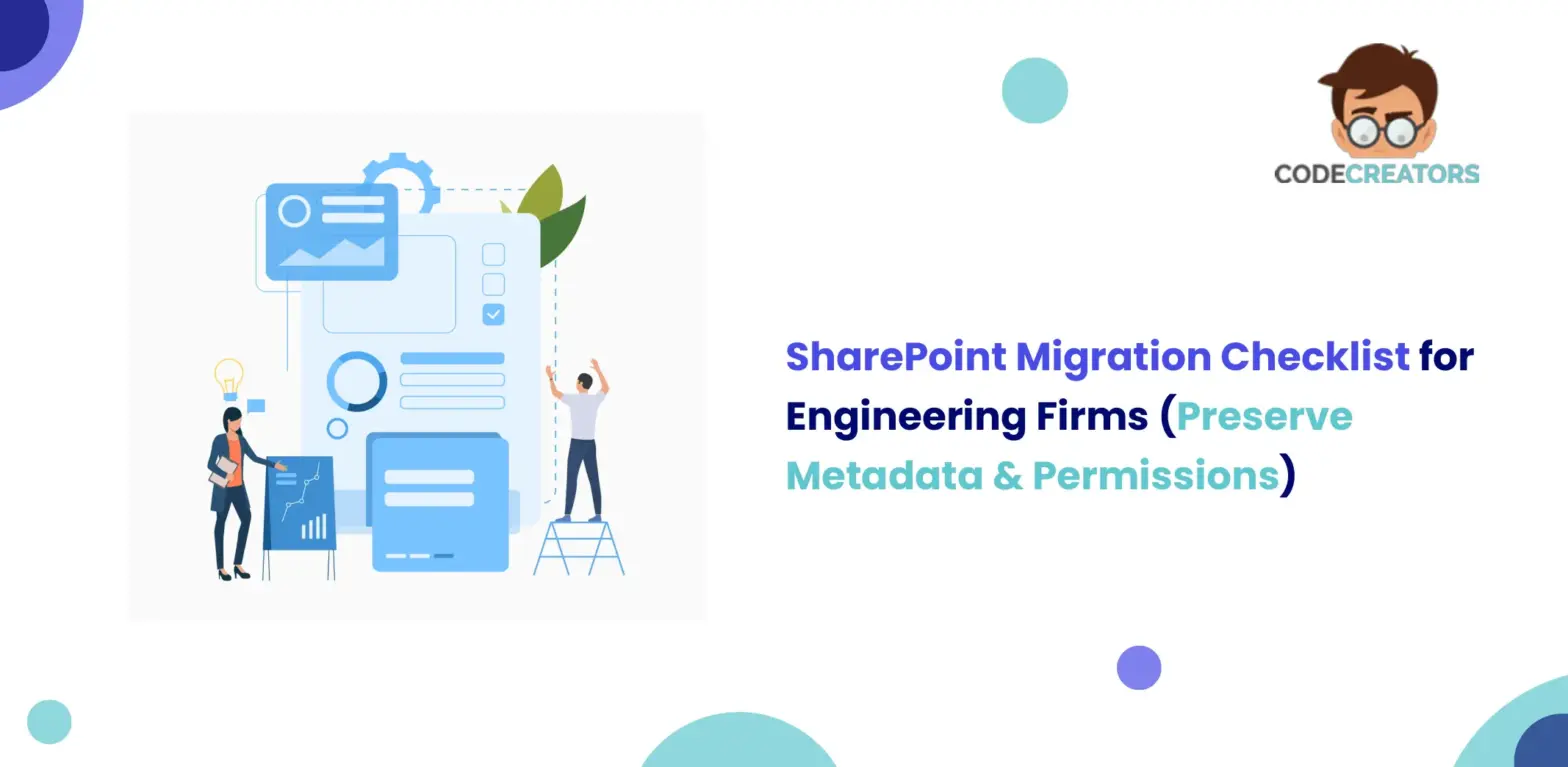AI Meets Automation: The New Power Platform Synergy

The digital transformation landscape continuously evolves, but today, at its very core, a fundamental shift at the intersection of AI and automation is underway. This shift happens in the main arena: the Microsoft Power Platform. What was once primarily known for low-code tools enabling digital and business transformation through citizen developers in app building and workflows now deeply embeds AI into its core componentry, creating a powerful synergy that is fundamentally redefining what rapid business automation can achieve. It’s the potent combination of AI capabilities-through Copilot and AI Builder-combined with the established automation capabilities of Power Automate and Power Apps, that brings not just speed but intelligence to the table, making it the most effective toolkit for modern enterprises. For organizations trying to take full advantage of this, strategic Power Platform consulting services come into play.
Understanding Power Platform Components and Their New Role
The Microsoft Power Platform is a suite of low-code tools that are used to analyze data, build solutions, and automate processes. The components of the power platform include:
- Power Apps: This is the low-code app builder used to build mobile and web applications to replace manual forms and spreadsheets.
- Power Automate: Workflow automation. It connects various services to automate repetitive tasks and difficult-to-perform business processes.
- Power BI: A business intelligence tool, it analyzes data and creates dynamic visualizations and reports.
- Power Pages: The platform for building secure, external-facing websites.
- Dataverse is a secure and scalable data service that provides a centralized repository.
The key change is that AI no longer sits next to these tools; it is built into them, driving the evolution of Microsoft Power Platform Automation.
The Synergy: AI and Microsoft Power Platform Automation
The core of the new power in the platform is derived from how AI improves every step along the business process, with extensive automation in Microsoft Power Platform.
1. AI Builder: Infusing Intelligence into Workflows
AI Builder is a low-code tool that lets you add prebuilt or custom AI models right into your app and flows, creating intelligent automation.
- Document Processing: Extract key data-invoice numbers, dates, vendor names-from a submitted PDF using an AI Builder form processing model in a Power Automate flow. This replaces hours of manual data entry, a major Power Platform use case.
- Sentiment Analysis: Power Automate uses AI Builder to analyze all incoming emails containing customer feedback. The flow automatically creates a high-priority support ticket in Microsoft Dynamics Power Platform or other CRM systems if the sentiment is negative and notifies the manager.
- Object Detection: Power Apps can use AI to identify and count assets in an image taken by a field technician, thus automating inventory checks.
2. Copilot: AI assistant for development and usage.
Copilot is the general-purpose AI assistant integrated across the Microsoft ecosystem. It transforms both the development process and the user experience:
- Accelerated Development: In Power Apps, a maker can describe the application they want in natural language. Copilot will instantly build the needed data structure and application interface.
- Improved Reporting: Through Power BI, Copilot can create complex visualizations by asking a question; for example, “Show me sales trends by region for the last quarter.”
AI-driven Use Cases for Power Platform
Together, AI and automation open up strategic power platform use cases that were previously unreachable for low-code tools. Examples can be found in every department:
- Finance & Accounting: Automate data extraction from receipts and invoices via AI Builder for Invoice Processing to minimize errors in manual entry; accelerate accounts payable by routing approvals automatically via Power Automate.
- Customer Service: AI Builder for Sentiment Analysis classifies incoming support emails as positive, neutral, or negative. This allows the flow to triage critical issues in real time and update Microsoft Dynamics Power Platform records.
- HR & Onboarding: Power Apps’ Copilot builds an on-the-spot Q&A chatbot for new recruits based on the employee handbook; this cuts workload for human resources and provides knowledge access 24/7.
- Field Operations: With Power Apps and AI Builder, technicians take pictures of equipment, AI detects and counts parts or reads serial numbers to automate inventory audit reporting.
The Need for Power Platform Consulting Services
While the low-code nature of the platform empowers citizen developers, the integration of AI. The complexity of governance highlight the critical need for professional power platform consulting services.
- Strategic Roadmap: The power platform consultancy helps organizations to identify the highest-value power platform use cases that really require AI and automation. It ensures this project aligns with strategic business goals.
- Security and Governance: Professional consultants establish guardrails. They institute Data Loss Prevention policies and Managed Environments to ensure citizen developers do not expose sensitive data when connecting to things like Microsoft Dynamics Power Platform or SQL databases.
- Complex Integration: Complex integrations, like connecting the platform to legacy ERP systems or specialized Azure services. They build custom connectors and architect multi-step flows that maintain data integrity across the enterprise.
- Mentorship and Scale: Power platform services will often include the mentorship of internal citizen developers. Consultants train teams on knowledge management best practices: data modeling, application design. And effective use of AI Builder to transform internal skills and ensure successful scale.
Why Choose a Microsoft Power Platform Consulting Partner?
Choosing an experienced Microsoft Power Platform consulting partner provides several key advantages:
- Accelerated Value: They possess pre-built templates and proven methodologies that enable them to deploy high-value solutions faster than internal teams.
- Risk mitigation: They guarantee security and compliance in the environment, reducing risks associated with the fast development of decentralized applications for power.
- Cross-Cloud Expertise: Most of the power platform consultancy firms have experience in integrating the platform with other clouds. Such as AWS and Google Cloud, as well as with legacy systems, in order to maximize the reach of Microsoft Power Platform automation.
Conclusion
Convergence between AI and automation will define the future of digital business. The Microsoft Power Platform represents the singular low-code environment in which this synergy takes place. Transforming business processes from simple automation into intelligent, adaptive workflows. In the effective use of AI Builder and Copilot lies the elevation of the platform to create powerful platform use cases across finance, HR, and operations. Using expert power platform consulting services to secure this revolutionary potential. It ensures strategic alignment is not an option but a necessity for any organization committed to intelligent digital transformation.
FAQs
Q: What is the fundamental change in the Power Platform components driven by AI?
A: The fundamental change is that AI is now natively embedded into the Power Platform components. Tools like AI Builder and Copilot use intelligence directly into applications (Power Apps) and workflows (Power Automate).
Q: How does AI Builder enable advanced Microsoft Power Platform automation?
A: AI Builder enables advanced automation by allowing users to add specialized AI models to their flows and apps. A flow can use the Document Processing model to automatically extract data from invoices or use Sentiment Analysis to triage customer feedback. Eliminating the need for manual data interpretation.
Q: How does Copilot speed up the creation of Power Platform use cases?
A: Copilot dramatically speeds up development by allowing users to describe the application or flow they need in natural language. Copilot then automatically generates the necessary data tables, flows, or app interfaces. Accelerating the implementation of new power platform use cases.
Q: Why are power platform consulting services necessary if the platform is low-code?
A: Power platform consulting services are necessary to make sure the platform is governed securely and scaled strategically. Consultants implement Data Loss Prevention (DLP) policies, configure Managed Environments, and complex design. Integrating with core systems like Microsoft Dynamics Power Platform, mitigating security risks.
Q: How can Code Creators help us achieve this AI and automation synergy?
A: We provide specialized Microsoft power platform consulting expertise focused on structured data and automation architecture. We act as a power platform consultancy to design the right power platform use cases that leverage AI Builder.



